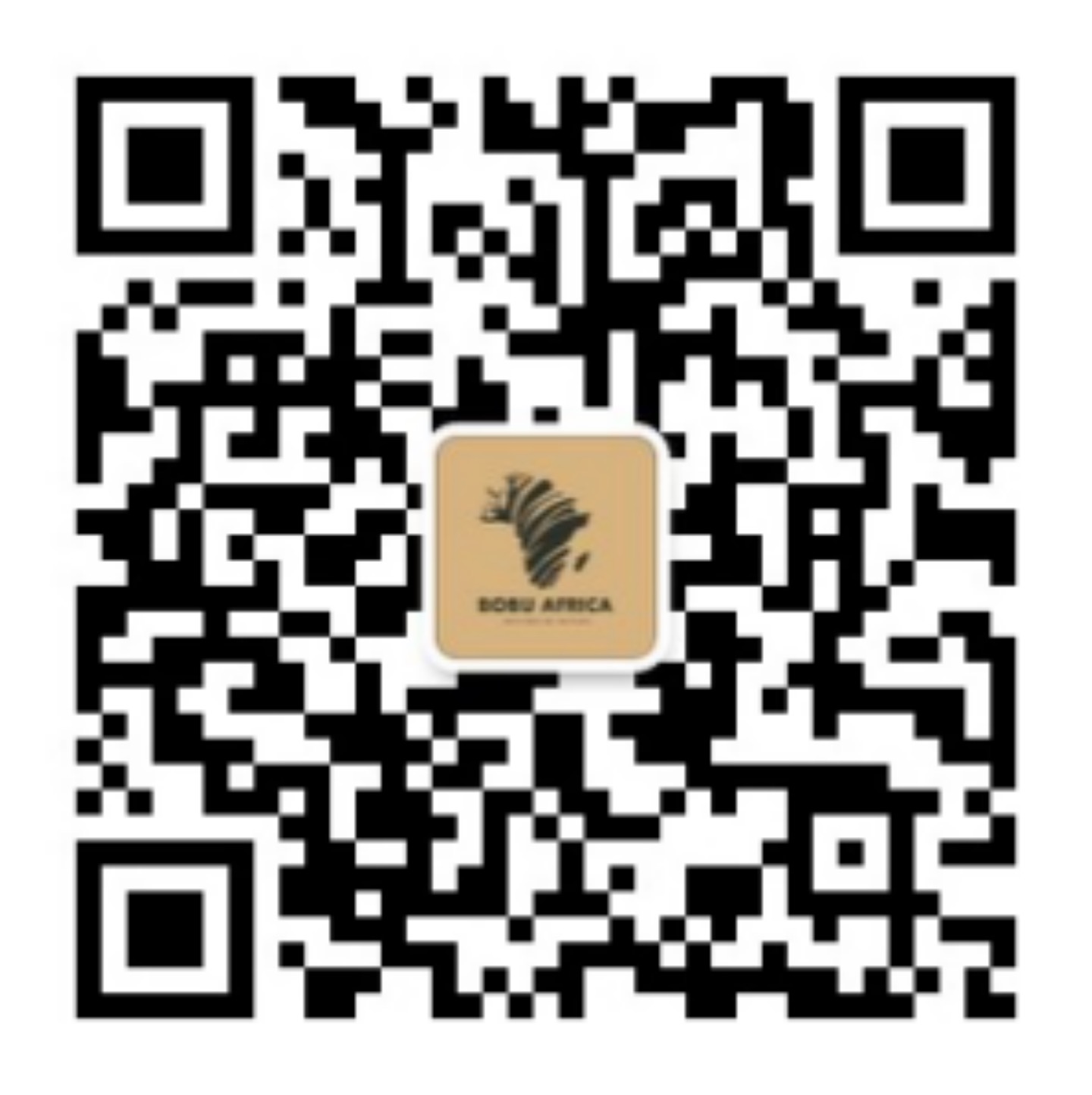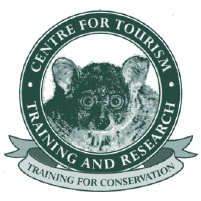Buffalo Springs National Reserve
A Quiet Wilderness with Unique WildlifeDays | All-Inclusive
Explore Buffalo Springs National Reserve in northern Kenya, known for its dramatic landscapes, rare wildlife like Grevy’s zebra, and peaceful atmosphere along the Ewaso Nyiro River.
Explore Buffalo Springs National Reserve in northern Kenya, known for its dramatic landscapes, rare wildlife like Grevy’s zebra, and peaceful atmosphere along the Ewaso Nyiro River.
Located in Isiolo County, Buffalo Springs National Reserve lies south of Samburu National Reserve, separated by the Ewaso Nyiro River. The reserve covers 131 km² and is known for its semi-arid savannahs, doum palm groves, and natural springs that attract a wide range of wildlife, including rare and endemic species.
Less crowded than its neighbour Samburu, Buffalo Springs offers an equally rich game-viewing experience, ideal for travellers seeking tranquillity and a chance to see northern Kenya’s unique “Samburu Special Five.”
INFORMATION AND FACTS.
Located in Isiolo County, Buffalo Springs National Reserve lies south of Samburu National Reserve, separated by the Ewaso Nyiro River. The reserve covers 131 km² and is known for its semi-arid savannahs, doum palm groves, and natural springs that attract a wide range of wildlife, including rare and endemic species.
Less crowded than its neighbour Samburu, Buffalo Springs offers an equally rich game-viewing experience, ideal for travellers seeking tranquillity and a chance to see northern Kenya’s unique “Samburu Special Five.”
Why You Should Visit Buffalo Springs
-
Home of the Samburu Special Five
Spot unique northern species like Grevy’s zebra, reticulated giraffe, Beisa oryx, Somali ostrich, and gerenuk. -
Peaceful Game Drives
With fewer tourists, enjoy uncrowded safaris and intimate wildlife encounters along the Ewaso Nyiro River. -
Natural Springs and Scenic Landscapes
Named after a clear water spring within the reserve, Buffalo Springs offers scenic contrasts—from dry plains to lush riverbanks. -
Birdwatching Paradise
Over 365 bird species have been recorded, including kingfishers, bee-eaters, and secretary birds. -
Cultural Connection
Combine a visit with nearby Samburu communities to learn about traditional pastoralist lifestyles.
Quick Facts
-
Location: Isiolo County, northern Kenya
-
Size: 131 km²
-
Altitude: 850–1,230 meters above sea level
-
Best Time to Visit: June to October (dry season); also good from December to March
-
Climate: Hot and dry, with occasional rains in April–May and November
Activities
-
Game Drives: Morning and evening safaris to spot the Samburu Special Five and big cats.
-
Birdwatching: Ideal for bird lovers, especially along the riverine forest and spring areas.
-
Photography Safaris: Wide open landscapes and close wildlife encounters offer great photo opportunities.
-
Guided Nature Walks: Available in some lodges and conservancies on the periphery.
-
Cultural Visits: Engage with nearby Samburu communities for authentic local experiences.
How to Get There
-
By Road: Approx. 5–6 hours (320 km) from Nairobi via Isiolo and Archer’s Post. 4×4 recommended.
By Air: Daily scheduled flights from Nairobi (Wilson Airport) to Samburu or Buffalo Springs airstrips. Charter flights are also available.
Our Rates Are Per Person Sharing Unless We Note Differently
- Please treat all pricing as a guide only:
- All rates are subject to availability and may change without notice.
- Single supplements may apply.
- Request a quote or speak to one of our African Safari Experts for the best, most current rates available.





